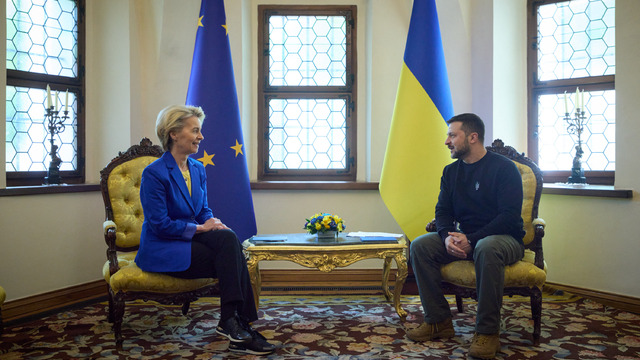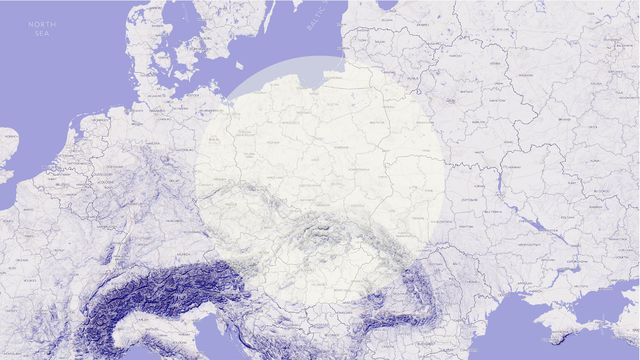Central European Populism: Is there a convergence around climate change, gender- and immigration-related policies?

paper
Issues related to migration, climate policy, and the roles of men and women in society are increasingly present in the rhetoric of populist parties in Central Europe. But does this mean that populists in the Czech Republic, Poland, Hungary, and Slovakia are truly converging toward a shared ideological core? A study by the research team at the Institute of International Relations seeks to answer this question through an analysis of party programs, voter attitudes, and communication on social media.
In recent years, issues related to migration, climate policy, and gender have become frequent topics in public debate and political agendas. These themes also feature prominently in the rhetoric of populist parties across Central Europe—including in the Czech Republic, Poland, Hungary, and Slovakia.
Experts from the Institute of International Relations have conducted a comprehensive study examining how populist parties in these four countries approach these topics, how they communicate about them in their political manifestos, how their voters respond to them, and how these issues are reflected in the parties’ activity on social media.
The study draws on party documents, sociological survey data, and web-based analysis. Its aim is to capture the similarities and differences in how individual parties address these issues and to assess whether a new shared framework is emerging—one that could shape the political landscape in the Central European region.
Find the complete policy paper attached.














